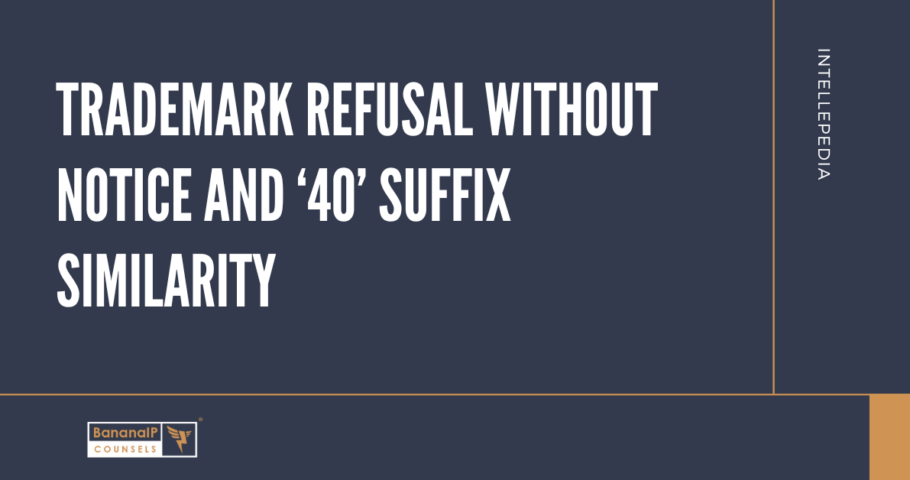The recent buzz around Non-Fungible Tokens (or NFTs) can be attributed to the sale of memes, photos, digital artwork and other audio-visual assets for millions of dollars. Not long ago, the CEO of Twitter, Jack Dorsey, sold the first-ever published tweet as an NFT for a whopping USD 2.9 million, while the renowned ‘Disaster Girl’ meme was sold as an NFT for about USD 500,000.
The term ‘Non-fungible’ primarily refers to the novel and non-replaceable nature of a material. For instance, although the world-famous painting ‘Mona Lisa’ has millions of copies spread across the internet, there is only one original artwork painted by Da Vinci. Similarly, for a digital asset, NFTs can verify the originality and authenticity. In this regard, a Non-Fungible Token (or NFT) is a token that serves as a digital certificate to verify the authenticity of the data stored in it. As mentioned earlier, this prevents any form of duplication of the information, thereby preserving its novelty. Additionally, since NFTs rely on blockchain technology, they facilitate easy tracking and verification of the information.
NFTs are gaining traction lately as they rely on blockchain technology which prevents duplication or reproduction of digital assets or others, allowing the creators to obtain financial rewards. Since blockchain technology is based on a distributed ledger technology (peer-to-peer connection), data authentication is efficient and fool-proof. Furthermore, blockchains such as Ethereum allow the creators to embed smart contracts within the NFT, enabling them to attach royalty agreements.
NFTs will have a significant impact on the patent regime if implemented appropriately. The present patent system followed across the globe functions on registers maintained by the respective patent authorities — both national and international. The primary functions of these authorities are to process the patent applications, ascertain whether they are eligible for protection and act as clearing bodies by recording licenses, pledges or other changes in lieu of the patent granted. These functions become incredibly cumbersome, involving wastage of time and workforce, especially in the context of recording the post-grant transactions associated with a patent. NFTs could facilitate the tracking and recording of legal transactions relating to a patent without involving patent offices. For instance, a person wanting to transfer his patent license to another individual may do so without intimating the authorities; as such, a transfer would automatically be recorded in the blockchain, which the authorities can further verify.
Furthermore, patent ownership may be transferred via NFTs, and blockchain technology may be used to keep track of patent owners. The tokens can also include self-executing contracts to facilitate the transfer of legal rights to patents when the tokens are transferred. The blockchain system is functional in terms of constructing a chronology of events associated with a patent represented as an NFT. The smart contracts which can be embedded onto a patent NFT can hold a range of terms and conditions as desired by the owner, including how he wants his patent to be used, the duration of its usage, aspects of sub-licensing and its commercialisation. Additionally, the fair value of a patent can be readily ascertained as the blockchain records the history of the patent NFT, such as the ownership, licensing, production, litigation, commercialisation etc.
Despite the benefits of the proposed NFT-patent exchange regime, there are certain challenges in implementing the same. Patent ownership and licence agreements may continue to exist outside of the digital realm. The NFTs may provide the appearance that they may be relied on to ensure a patent’s legitimacy. As a result, owners and potential owners of NFTs will still need to keep a track of ownership changes that take place outside the blockchain. Buyers will need to verify the patent’s ownership or, at least, acquire an assurance of title from the seller, whether through a smart contract or otherwise. Another issue with NFTs and blockchain assets in general is that they require a lot of computing power, resulting in the usage of massive amounts of electricity emitting tons of carbon dioxide that are harmful to the environment.
A collaboration between IBM and IPwe has pushed for the use of NFTs to protect patent ownership. The firms have teamed together to build the infrastructure for a marketplace to acquire and sell patents using NFTs. This marketplace is not only for selling patents but can also be used to set up licence deals. The architects of this marketplace think that it will aid businesses in creating and evaluating patent portfolios. Patent offices may well join the band as the system grows, making it easier to utilise NFTs to document transactions linked to patents. For instance, the patent office may implement a verification method to certify the absolute patent ownership of the NFT creator. For freshly awarded patents, the patent office could even mint the NFT on its own and present the applicant with the private key along with the registration certificate. Any subsequent transactions would be immediately updated on the blockchain, and the register would record the NFT’s current state, hence updating automatically.
Based on statistics, there is a vast gap in commercialising patents that can be filled by the proposed NFT-patent regime to a considerable extent and has the potential to revamp the current system. Thereon, the number of patents that get commercialised will be impacted hugely. Given the rapid growth of the NFTs, it will be compelling to watch IP professionals seize the opportunity. Nonetheless, several artists and investors have expressed scepticism about the NFT market as the regime is in its nascent stage. Whether NFTs on patents is a breakthrough in the IP regime or not, only time will tell.
Authored and contributed by John Paul Alex, Intern.
Disclaimer
Please note that these case updates have been put together from different sources, primary and secondary, and BananaIP’s reporters may not have verified all the decisions published in the bulletin. You may write to contact@bananaip.com for corrections and take down.



